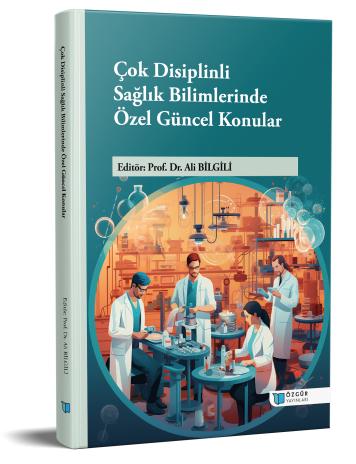
Early Diagnosis of Dementia in Primary Care
Chapter from the book:
Bilgili,
A.
(ed.)
2025.
Special Current Topics in Multidisciplinary Health Sciences.
Synopsis
Dementia is a growing public health concern in aging societies. In 2019, nearly 50 million people worldwide were living with dementia, and this number is expected to exceed 150 million by 2050. Early diagnosis is vital for preserving quality of life and reducing care costs. Primary care, as the first point of contact in healthcare, plays a central role in this process. Aging is the strongest risk factor, yet modifiable ones such as hypertension, diabetes, obesity, smoking, physical inactivity, and hearing loss significantly contribute. Early symptoms include memory loss, executive dysfunction, language problems, and behavioral changes. In primary care, screening tools like the Mini-Mental State Examination (MMSE), Montreal Cognitive Assessment (MoCA), and clock-drawing test are applicable. Laboratory tests are also essential to rule out reversible causes. Barriers to early diagnosis arise from physicians, patients and families, and systemic healthcare limitations. Management should combine pharmacological treatment with non-pharmacological strategies such as cognitive stimulation, physical activity, dietary interventions, and family support. Multidisciplinary collaboration and community awareness programs further enhance outcomes. In conclusion, early detection and preventive strategies in primary care are crucial to reducing the individual and societal burden of dementia.

